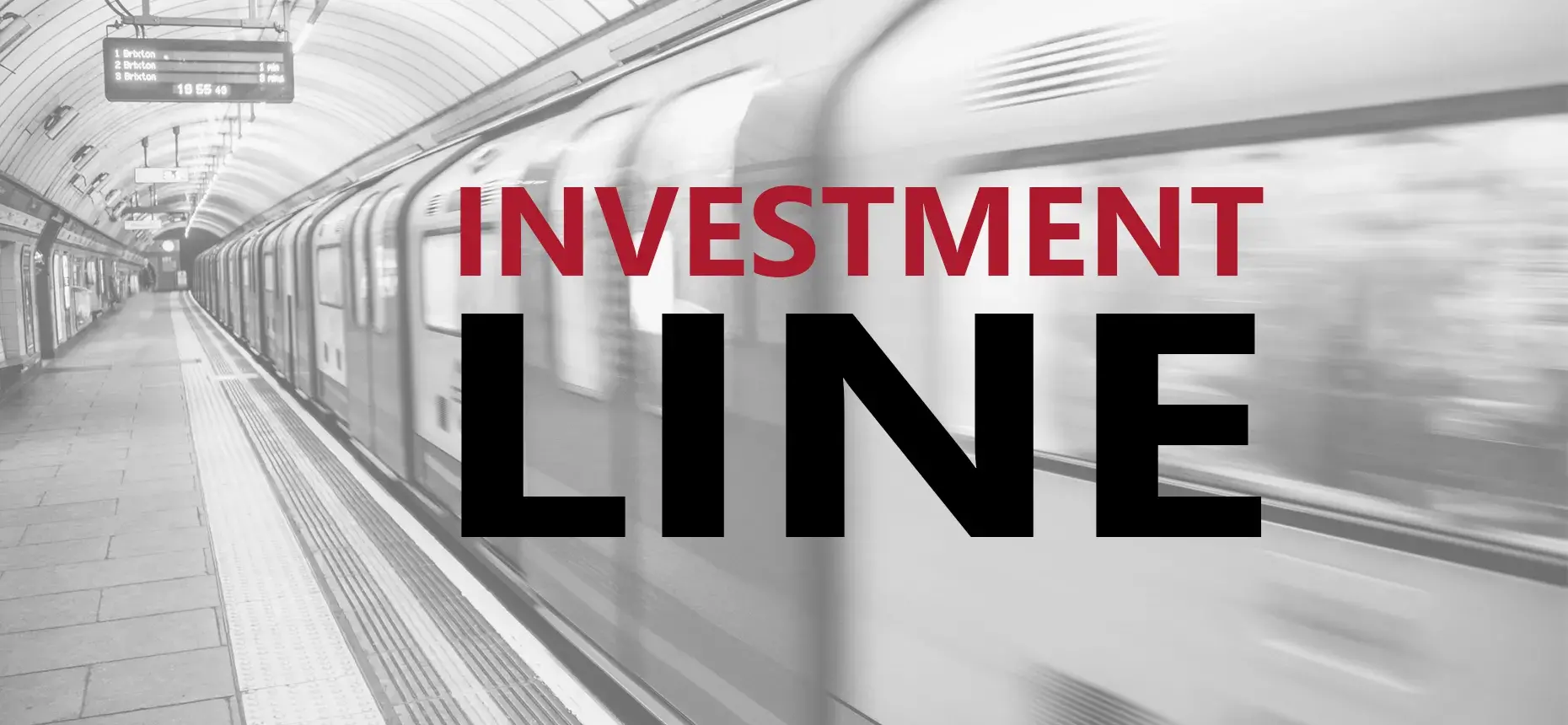BREXIT
The Brexit saga continues to unfold in painful steps but without any visibility on the ultimate outcome. The defeat of May’s Withdrawal Agreement was expected, and we are now in the ‘What happens next?’ phase. The Prime Minister still seems to fancy her chances of getting some sort of reassurance on the backstop to allow her deal to get through in another vote (there are reports that the DUP might offer conditional backing), though this still looks optimistic. Her best chance is probably with those of her own party who are opposing the deal starting to realise that no Brexit at all becomes a possibility, and that this pushes them into supporting the deal. Labour certainly seems to be edging closer to supporting a second referendum, and Parliament looks like it is taking back control and that there will be votes to gauge support for the various different ways forward. We know there is no majority in the House for a no-deal Brexit, but at the moment this remains the default option, and we are yet to see Article 50 extended beyond March (though this is likely to be forthcoming). The currency market and conventional wisdom would seem to be suggesting that crashing out of the EU is looking increasingly unlikely, and this is certainly emboldening some investors to increase their allocations to the UK. There is some merit to this, perhaps especially to those who are running very low UK allocations, such as ourselves. Still, any such assessment can only be made in the context of client risk appetite. For us, the possibility of no deal is sufficiently non-trivial for us to feel that we need to take steps to further reduce exposure for the most defensive and cautious individuals whose investments we manage. We are therefore trimming UK equities for these investors and also making slight reductions to our commercial property allocations.
CHINA
Fears over China will persist, and the slowdown in her economic growth niggles investor sentiment. It is too easy to attribute this to the ongoing trade spat with the US, but China is slowing and even some of the stimulus measures implemented by the government may not be sufficient to reverse course this time. A significant debt problem is being addressed (which is ultimately positive), but this will necessarily bring a slowing of economic growth. Debt expansion and an increase in monetary supply from the Chinese managed to bail out global markets after their wobble in 2015/16, but the capacity for this seems limited this time round. We are placing our faith in the Chinese equity market, which has experienced a significant sell-off over recent years, though we remain cognisant of the risks involved.
US
The shutdown continues with various attempts to achieve a resolution failing to get passed by Congress. The risk of a downgrade to US debt is real enough, and this would clearly impact our Treasury positions if it occurred. Frankly, the shutdown is just one of a number of issues that are undermining investor confidence in global markets, but its impact may start to be felt more keenly. Yes, a resolution would provide a boost to US sentiment, but for us the difficulties for US equities may only just be unfolding. The claim that valuations are now more reasonable might seem to have some merit, but adjusting for margins (which aren’t sustainable) and the fact we are late cycle makes this a far from compelling investment case.
Investment Line is written and edited by members of the Mattioli Woods Group investment committee and is for information purposes. It is not intended to be an invitation to buy, or act upon the comments made, and all/any investment decisions should be taken with advice, given appropriate knowledge of the investor’s circumstances. The value of investments and the income from them can go down as well as up, and you may not get back the amount invested. Past performance is not a guide to future returns.
Mattioli Woods is authorised and regulated by the Financial Conduct Authority.





